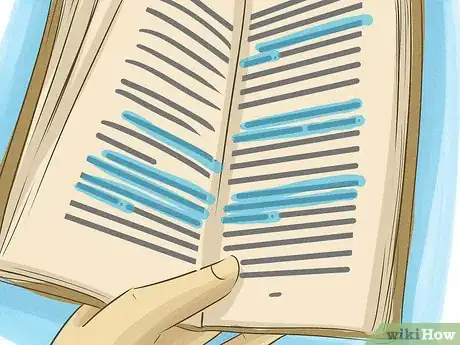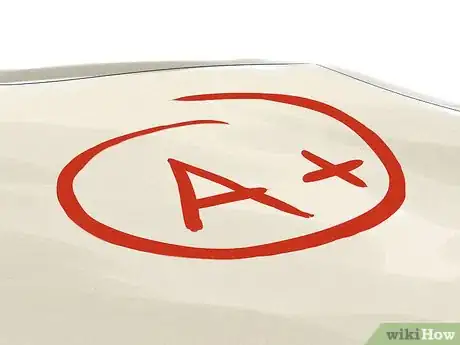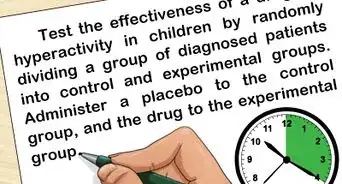X
wikiHow is a “wiki,” similar to Wikipedia, which means that many of our articles are co-written by multiple authors. To create this article, 14 people, some anonymous, worked to edit and improve it over time.
This article has been viewed 78,246 times.
Learn more...
Have you enrolled in AP Chemistry for the semester? Good for you—this challenging course is a great way to expand your academic horizons (and possibly earn college credit!). Although AP Chemistry definitely isn't easy, there are plenty of ways you can set yourself up for success in the months to come. Read on for plenty of tips and tricks to help you put your best foot forward in this exciting stage of your academic journey.
Steps
Community Q&A
-
QuestionHow can I learn to love chemistry?
 Community AnswerStart by trying to avoid negative thoughts and words about chemistry. Think positive! Read each chapter in your textbook again and again until the information makes sense and is easy for you to recall. You can even write down important points to study more closely. Write down all of the reactions you need to know and their mechanisms, results, etc.; study these closely and often. The more comfortable you get with the subject, the more you will enjoy it.
Community AnswerStart by trying to avoid negative thoughts and words about chemistry. Think positive! Read each chapter in your textbook again and again until the information makes sense and is easy for you to recall. You can even write down important points to study more closely. Write down all of the reactions you need to know and their mechanisms, results, etc.; study these closely and often. The more comfortable you get with the subject, the more you will enjoy it. -
QuestionShould I take AP Chemistry next year by taking the first year of chem over the summer? And can I take it with AP European History and Honors English?
 Community AnswerI remember that struggle! If you're good with formulas, memorization, and understanding applications and the "bigger idea" of everything, you should be fine. Honors English for me was a breeze, but that could've just been my teacher. As for APEH, that was my first AP. I'll admit the class was a bit rigorous at times, but you could also buy external study resources, such as the Barron's and Princeton Review books.
Community AnswerI remember that struggle! If you're good with formulas, memorization, and understanding applications and the "bigger idea" of everything, you should be fine. Honors English for me was a breeze, but that could've just been my teacher. As for APEH, that was my first AP. I'll admit the class was a bit rigorous at times, but you could also buy external study resources, such as the Barron's and Princeton Review books.
Advertisement
Warnings
- Always wear school-assigned lab safety goggles during lab procedures to avoid contact with chemicals that could possibly damage your vision.⧼thumbs_response⧽
- Rinse your hands, arms and any other body parts (e.g. eyes, hair) that could have possibly came into contact with lab materials bearing chemicals.⧼thumbs_response⧽
- In respect to this article's title, an AP Chemistry classroom can also potentially be a dangerous environment, as many hazardous chemicals such as sulfuric acid, hydrochloric acid, and of course highly flammable gases are almost always used on a routinely basis. Take caution and follow all instructions carefully when performing labs with chemicals and other materials which can be harmful to you or to others in the classroom.⧼thumbs_response⧽
- Wear a welder's helmet or other qualified device to protect your eyes from bright ultraviolet light rays and infrared lights when conducting lab reactions that produce sparks.⧼thumbs_response⧽
Advertisement
About This Article
Advertisement
































































